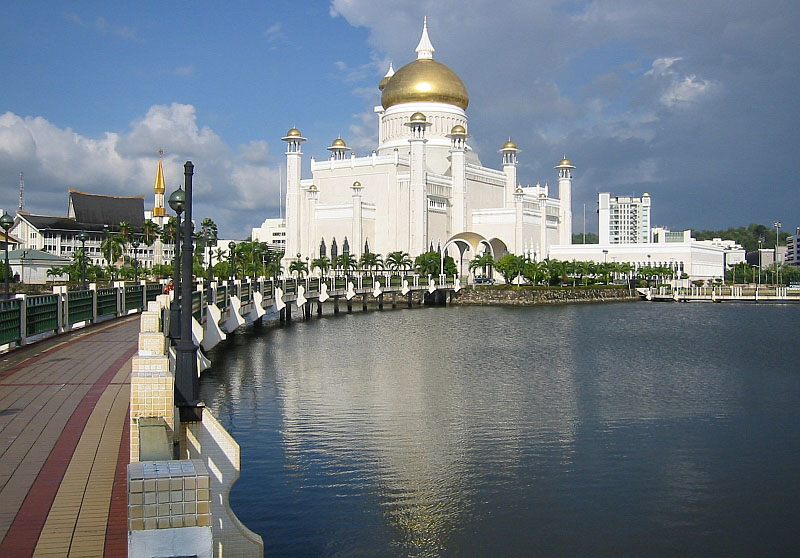The ICJ deplores the recent enactment of a new penal code by Brunei Darussalam.
If implemented, the code would lead to serious human rights violations by reintroducing the death penalty and imposing other cruel and inhuman punishment including stoning, even for conduct that should not even be considered criminal.
In an open letter to Prime Minister, H.M. Haji Hassanal Bolkiah, the ICJ also stressed that the Syariah Penal Code Order 2013 is clearly incompatible with international human rights law and standards that prohibit discrimination against women and protect the rights to religious freedom and freedom of opinion and expression. The law also criminalizes adultery, extramarital sexual relations and consensual same-sex conduct, in contravention of international standards.
“These provisions in the 2013 Penal Code are a serious step back for Brunei,” Sam Zarifi, ICJ regional director for Asia & the Pacific, said in the letter. “These provisions are not in accord with the commitment made by Brunei as a member of the Association of Southeast Asia Nations to promote and protect human rights in the region.”
The 2013 Penal Code, enacted by the government of Brunei Darussalam in October 2013, is due to take effect in April 2014.
The ICJ condemns the adoption of provisions of the 2013 Penal Code that reintroduce the death penalty after years of an effective moratorium in the country, and provide for stoning and other forms of torture and ill treatment for a range of conduct, some of which should not be criminalized at all.
The ICJ noted the 2013 Penal Code provides for the death penalty as a possible penalty — for both Muslims and non-Muslims — for the crimes of robbery (Article 63), rape (Article 76), adultery and sodomy (Article 82). It also is prescribed as a penalty — for Muslims only — upon conviction for acts constituting extramarital sexual relations (Article 69).
“The 2013 Penal Code also specifies that a manner by which capital punishment is to be imposed for rape, adultery, sodomy and extramarital sexual relations is stoning to death, a particularly horrific form of torture and execution,” Zarifi said. “The death penalty, in any circumstance, is a form of torture and inhumane treatment, and its reintroduction in the 2013 Penal Code is out of step with the global trend towards and abolition of the death penalty and the establishment of a moratorium on execution.”
Brunei Darussalam has not carried out the death penalty since 1957 and has been viewed as de facto abolitionist.
Brunei Darussalam is a member of ASEAN, which also comprises Cambodia, Indonesia, Lao PDR, Malaysia, Philippines, Singapore, Thailand and Vietnam.
Brunei-New Penal Code Open Letter-advocay-2013 (PDF file of open letter)
CONTACT:
Sam Zarifi, ICJ Asia-Pacific Regional Director, (Bangkok), t:+66 807819002, e-mail: sam.zarifi@icj.org
Craig Knowles, ICJ Media & Communications, (Bangkok), t:+66 819077653, e-mail: craig.knowles@icj.org

